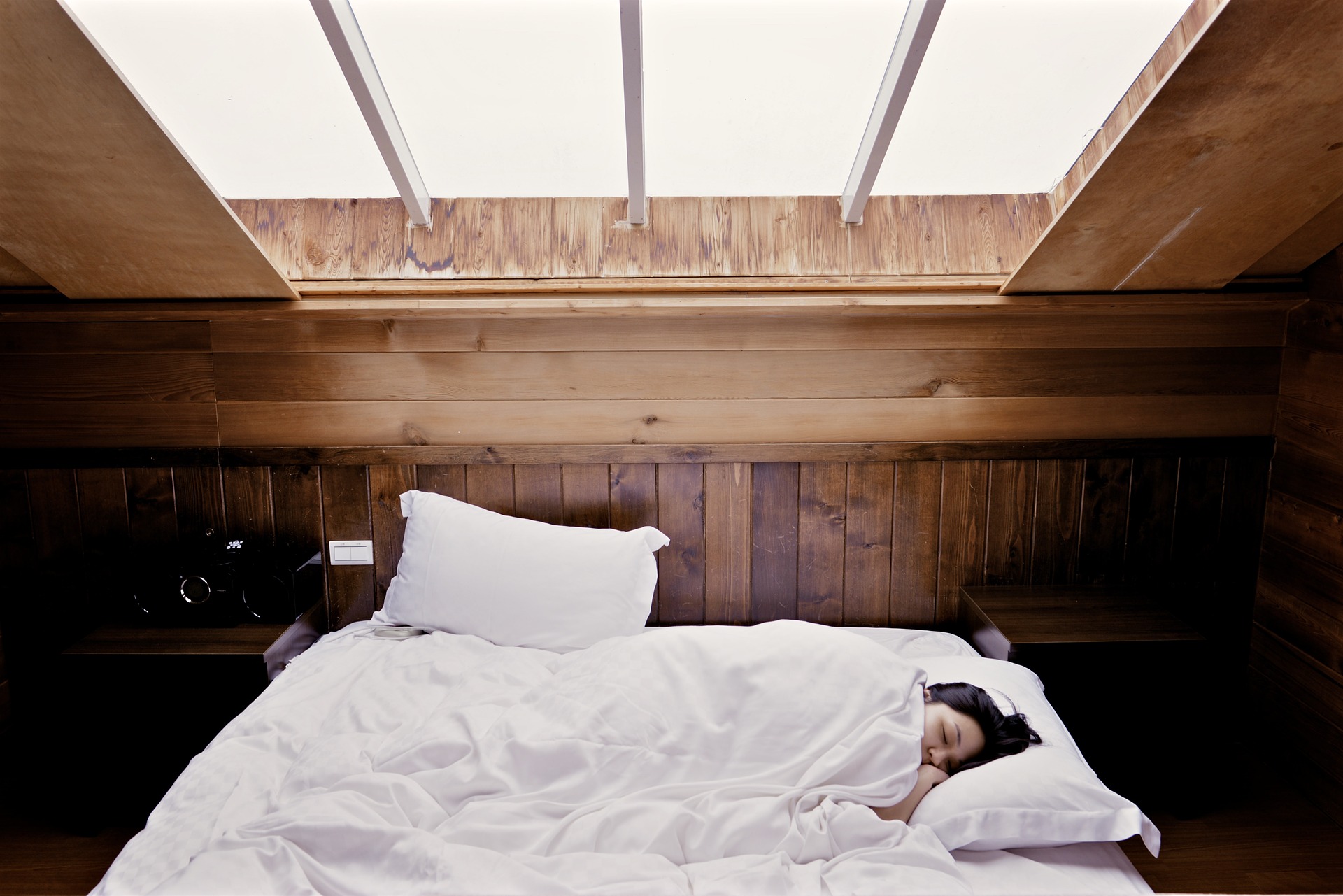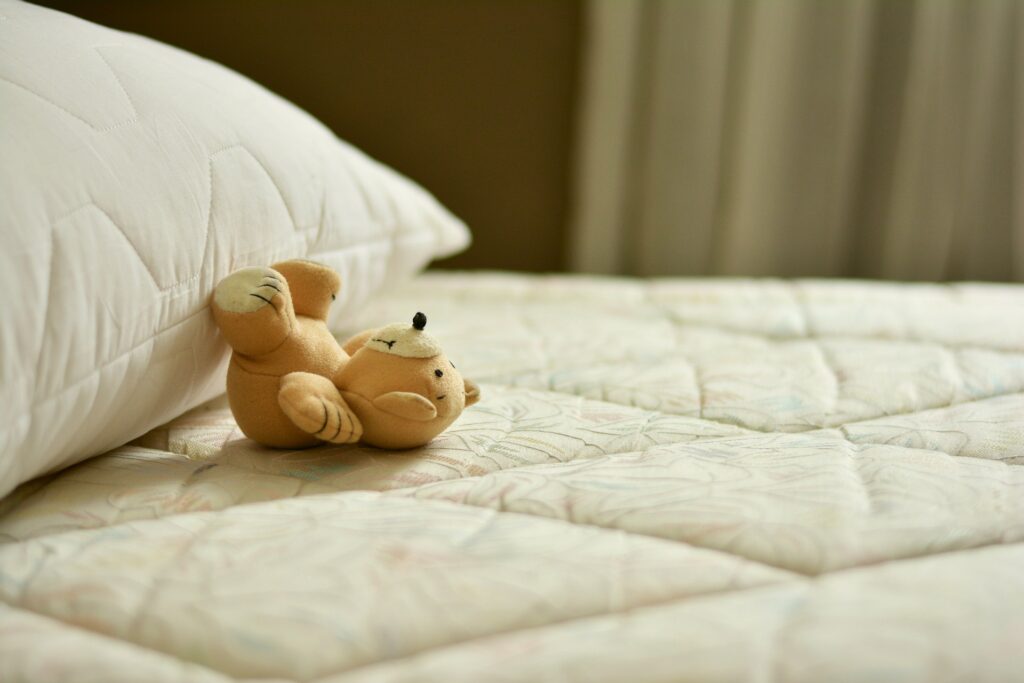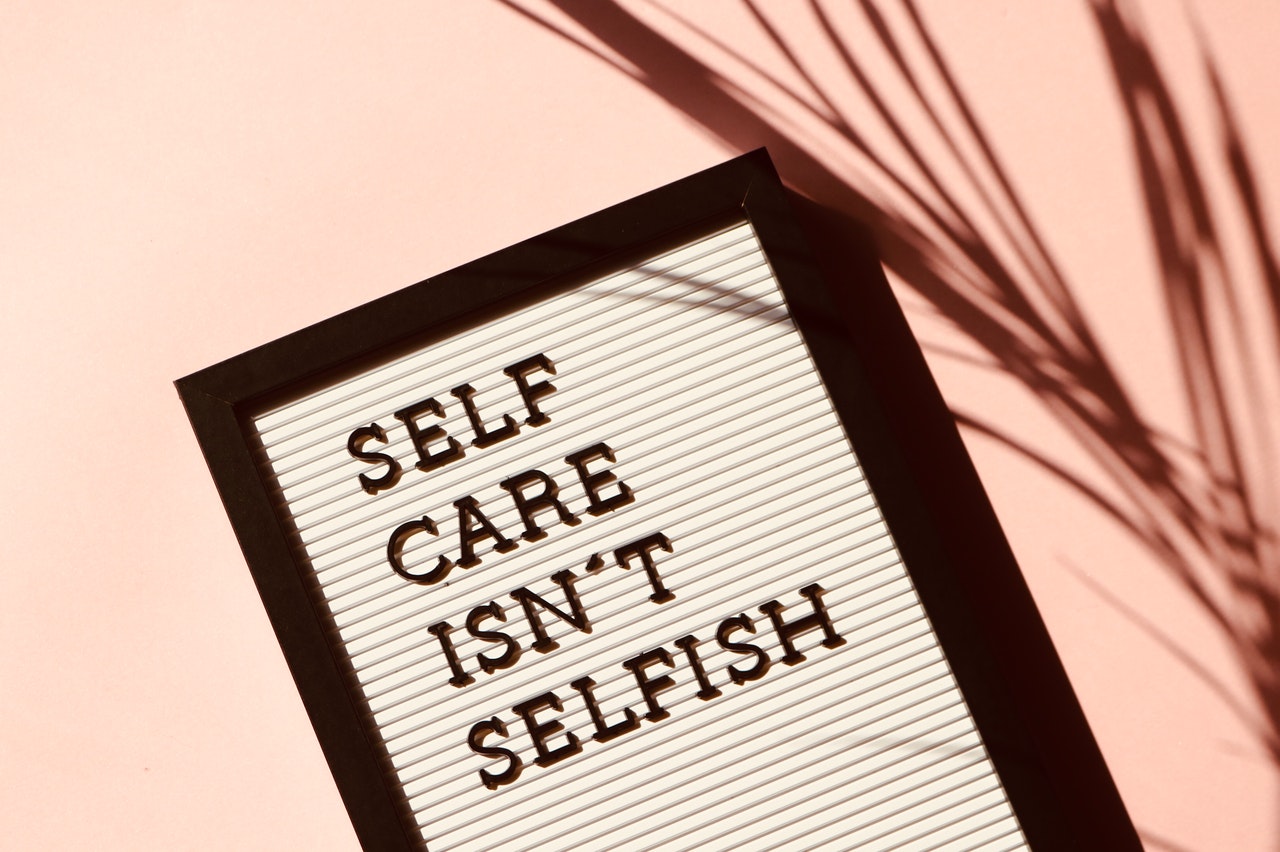You have far more control over the quality (and quantity) of your sleep than you might think.
If you have trouble falling asleep, an adjustment to your diet and personal habits could make a difference.
Trouble staying asleep? Changes in diet can help there too. Your brain adjusts your sleep cycle according to behavioural patterns, giving you the control to get a full seven to nine hours of sleep.
Sleep Influences Food Choices
Food and sleep have a strong connection that goes both ways. Before we jump into how your diet affects sleep, let’s take a quick look at how sleep influences your diet. Any time you get less than seven hours of sleep, the brain triggers more hunger hormone and less satiety hormone than normal. It’s the perfect combination for overeating.
At the same time, lack of sleep causes the brain’s rewards center to get an extra hit from sugary, high-fat foods. Those cookie cravings you’ve been fighting could stem from a lack of sleep. You’re also at greater risk for weight gain and illnesses like diabetes, high blood pressure, and heart disease.
Improving Your Sleep Cycle with a Better Diet
The food you eat can also influence your sleep cycle, which means not only can sleep help you make better food choices but better food choices can help you sleep.

Meal Timing
Your brain relies on consistency and repetition to correctly time any number of processes that the body must perform on a regular 24-hour schedule. Meal timing plays a role in a successful sleep cycle. It’s best to eat your meals around the same time every day. Your brain will recognize the pattern and adjust the timing of your sleep cycle accordingly.
Meals should also be eaten in evenly spaced increments. Try to keep your major meals three to four hours apart, and if you need it, a small snack in between. Like the timing, the spacing of your meals helps the brain recognize when to start the sleep cycle.
Diet Composition
The types of foods you eat can also influence when you feel sleepy and how well you stay asleep. For example, high carb diets have been shown to reduce the amount of time it takes to fall asleep. High protein diets, on the other hand, have been shown to reduce nighttime waking.
What’s the best solution? A well-balanced diet that includes both protein and nutrient-rich carbs. If you’re having problems falling or staying asleep, you may want to try loading your diet in favor of either protein or carbs, depending on which problem you have.

Beyond Diet: Getting More (and Better) Sleep
Diet isn’t the only way to increase your chances of getting a full night’s rest. Keep these tips in mind too.
-
Don’t ignore comfort: The brain and body have a hard time relaxing without the right conditions. Turn down the thermostat, block out light, and keep your bedroom as quiet as possible. Your mattress should be free from lumps and bumps, and today, they can be ordered online and delivered to your front door.
-
Shut it down early: A bedtime works for both adults and kids. Try to be consistent as the repetition helps the brain release sleep hormones at the right time.
-
Lull yourself to sleep: Do you struggle to fall asleep? Develop a bedtime routine that relieves stress with some meditation or a warm bath. Perform your routine in the same order and try to start it at around the same time every night.
Conclusion
Your diet does more than affect your waistline. It can impact your body’s ability to heal from daily wear and tear as well as keep your appetite and metabolism in check. Work towards eating a balanced diet and following a consistent schedule so your brain can time everything to work in your favor.





